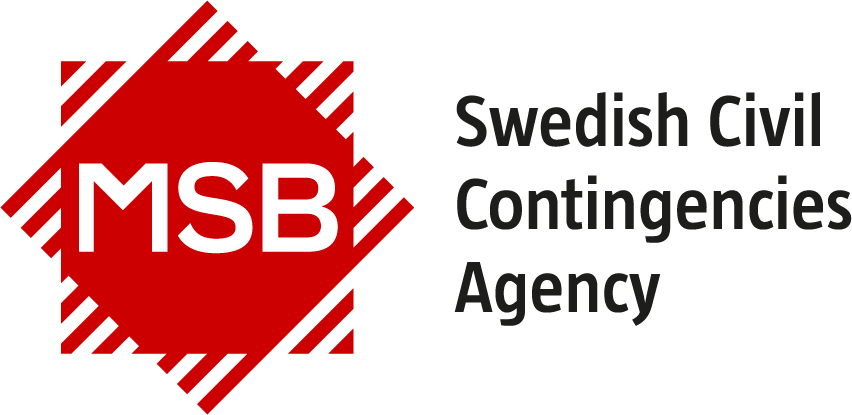EU and civil protection
MSB is the contact point for the EU Civil Protection Mechanism. This means that we both receive requests for and offer assistance to affected countries, and, when necessary, relay assistance from other countries to Sweden.
The Union Civil Protection Mechanism
The Civil Protection Mechanism includes prevention, preparedness, and response activities. Coordinated civil protection operations are carried out within and outside the EU for natural and man-made disasters.
The preventive work involves that participating States report their national risk assessments and risk management analyses. There are tools for so-called peer reviews where countries can support one another with evaluation and advice. There are also early warning systems for forest fires and flooding, as well as services based on the EU’s satellite system Copernicus.
When it comes to preparedness, focus is on making national capacities available to other participating states through the civil protection pool. Sweden contributes four capacities: marine pollution, high-capacity pumping, technical assistance and support, and shelter.
The mechanism has also developed guidelines for host nation support in order to facilitate giving and receiving help. In addition, there is a comprehensive programme for cross-border exchange of expertise, training, and exercises.
rescEU
In the last few years, parallel, cross-sectorial and long-lasting crises, including Russia’s full scale invasion of Ukraine, the Covid-19 pandemic and climate change, have proven the need for additional disaster response capacity, beyond the national capacities. Therefore, development of EU-capacities, the so called rescEU, was initiated, aiming to strengthen the EU’s preparedness and response capacity. Currently rescEU covers the areas of forest fires, emergency medicine, CBRNE, transport and logistics, energy supply items as well as shelter.
Currently, Sweden is hosting rescEU firefighting aircraft, a medical stockpile for healthcare equipment and shelter capacities.
ERCC coordinates assistance
In Brussels, there is an around-the-clock service to coordinate the efforts of Member States, the ERCC is our contact point for the European Commission and is tasked with analysing and evaluating information on events both within and outside the EU. ERCC also coordinates Member States’ request for assistance and notifies the affected country of what type of assistance is available.
MSB receives requests from ERCC and regularly relays Swedish support to countries affected by catastrophes and crises. Sweden received international assistance via ERCC during the storm Gudrun in 2005, the forest fire in Västmanland in 2014, and for the massive forest fires in 2018, when we received both aerial resources and ground forces from several different countries.
On 21 March 2019, a revision of the Civil Protection Mechanism was adopted. The purpose of the revision is, inter alia, to strengthen the common preparedness and response capacity (rescEU) and increase prevention efforts.
Latest reviewed: 3 July 2024
